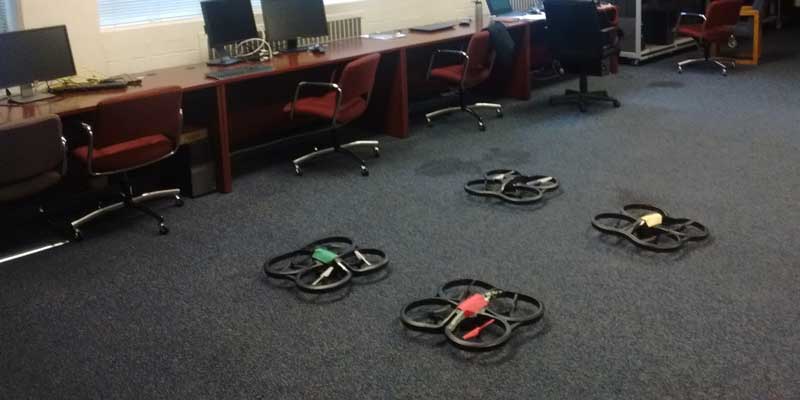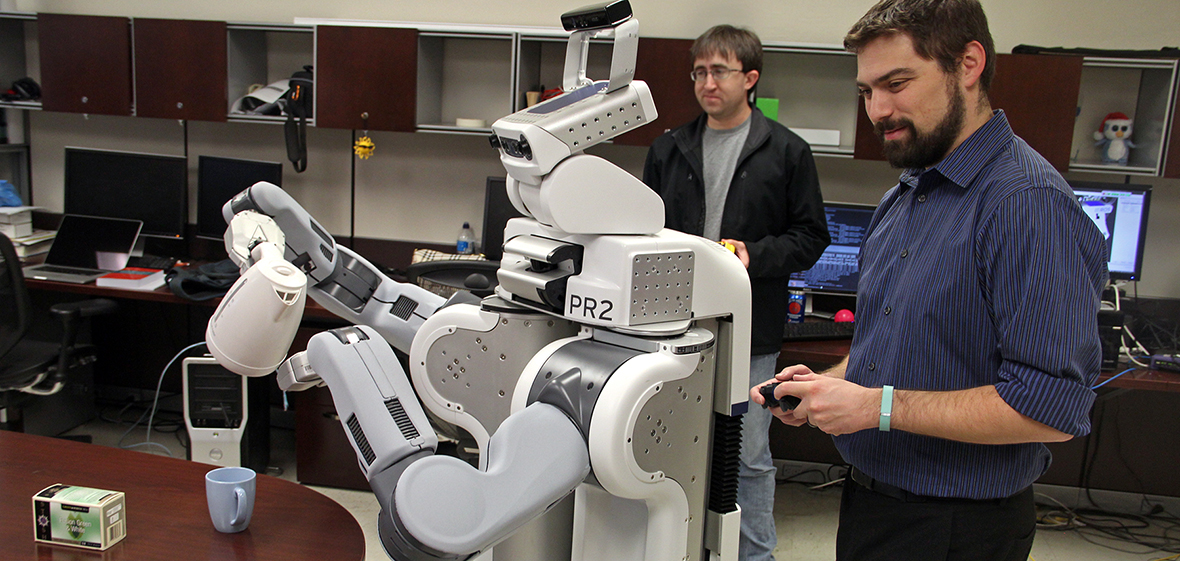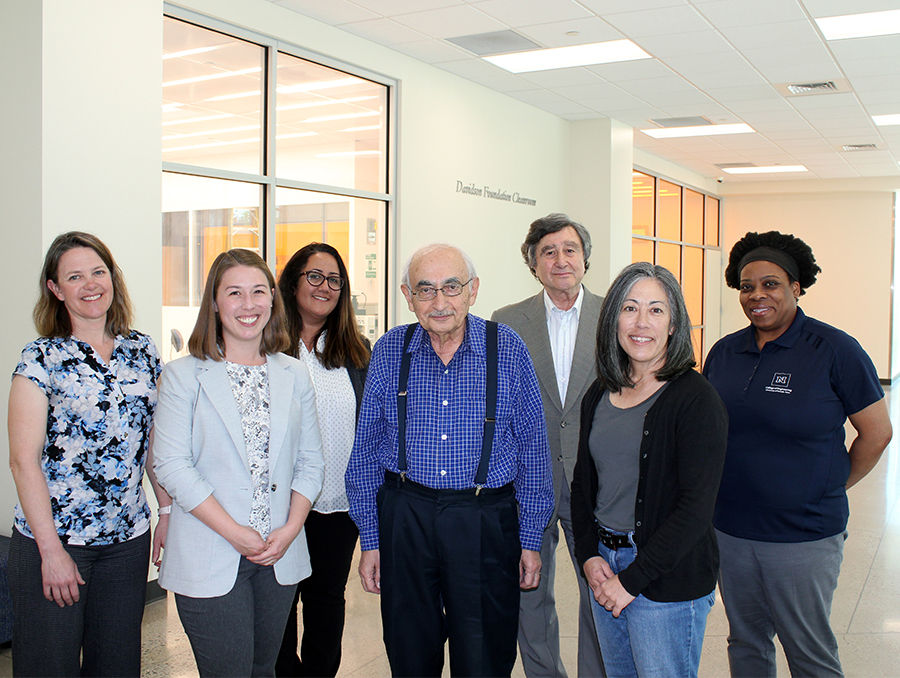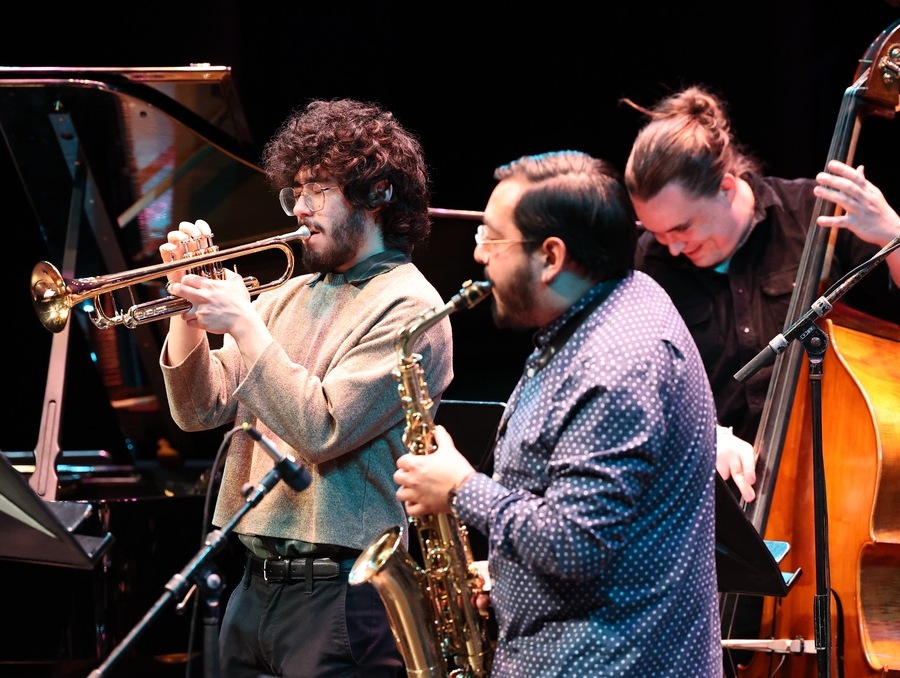This summer, instead of the beach, the mountains or a summer job, some undergraduate students are focusing on research of collaborative human-robot interaction.
The group of 30 students is working with professors in the University of Nevada, Reno's computer science and engineering department as part of the National Science Foundation-funded Research Experiences for Undergraduates program.
The program runs from June 4 to Aug. 10, and allows undergraduate students to have hands-on experiences with robotics, wireless networks and assistive technology to optimize collaboration between a robot and human partner.
"We invited applicants from all academic institutions, including those without extensive robotics areas of research," said David Feil-Seifer, assistant professor in the University's computer science and engineering department. "We also welcomed students from outside the computer science and engineering fields including psychology and neuroscience."
Feil-Seifer is part of a computer science and engineering team that includes associate professor Shamik Sengupta, assistant professor Jim La, assistant professor Kostas Alexis and professor Monica Nicolescu, who, along with the help of graduate students, will mentor the undergraduates through different areas of robotic research linked together through the common assistive technology goal.
The proposed projects will feature autonomous underground robotic inspection, studying socially appropriate human-robot interactions, language-based human-robot collaboration, network management of heterogeneous robotic devices in a wireless environment and path planning development for dirt cleaning robots.
"I'll be working with the undergraduate students to investigate how human-robot interaction is best structured for everyday interactions," said Feil-Seifer, who was also awarded a $500,000 National Science Foundation grant last fall to research socially appropriate robotic navigation. "We're looking at how to smoothly integrate robots into daily lives by trying to gain a clearer understanding of fundamental human-robot interaction principles."
Feil-Seifer's students will design their own study based on experiment design observed in previous research within the field, before then modifying existing autonomous robot code to account for the changes in their own project.

"Once they have a design and a code to work with, our main goal is to explore the nature of collaborative human-robot interactions with experiments that isolate individual aspects like conformity, honesty, mistreatment and deference," Feil-Seifer said. "More specifically, we're focusing on socially assistive robotic uses, meaning robots that can provide aid for persons with disabilities and robots that can act as therapeutic aids for children with developmental disorders."
Outside of the hands-on experience undergraduates will have with robotics, the students will also be participating in workshops on how to write an application for graduate school and how to write research proposals for the National Science Foundation and the Graduate Research Fellowship.
{{RelatedPrograms}}
"It's very important that we give these students the skills to work with robotics, and the skills to think and talk about robotic research in a communicative way," said Sengupta, who is instructing the network management portion of the undergraduate research project. "We made application writing and grant writing a large part of this site in order to make sure they are well-rounded researchers."
You can learn more about the Research Experiences for Undergraduates project by visiting their website.












